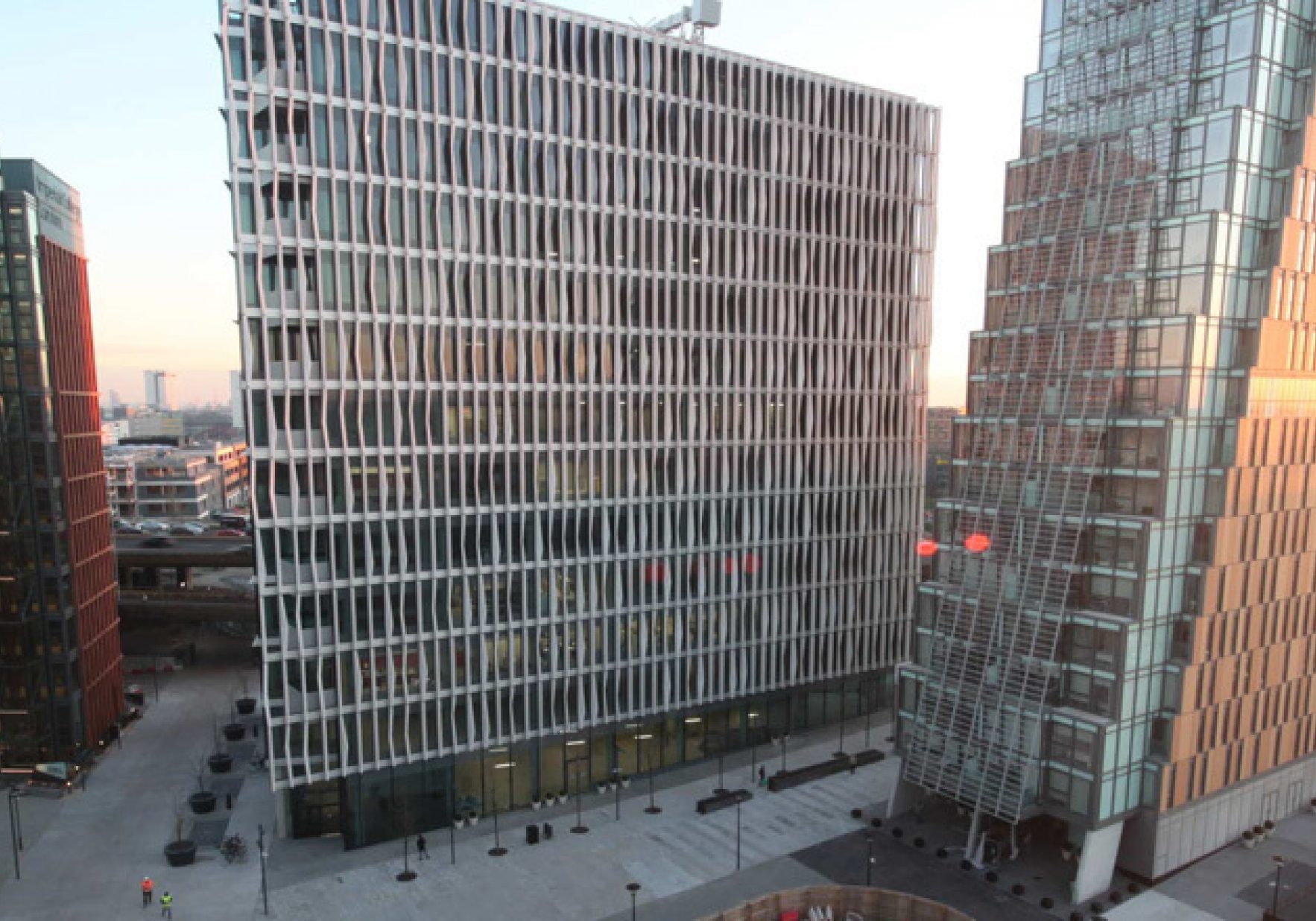We're recruiting!

By joining the UK DRI you’ll belong to a team of fantastic researchers, technical specialists and professional support staff passionate about accelerating the discovery, development and delivery of interventions that will help diagnose, treat and ultimately prevent dementia, directly benefitting people affected by dementia, their carers, families and the community.
We’re looking for brilliant people with diverse perspectives. Together our unique contributions will transform the range and pace of research on dementia. You’ll be supported by the very best tools and resources and join a culture that encourages high risk/reward science and sharing of ideas.
We are a vibrant, ambitious and interactive community. We offer opportunities at all career levels for scientists and support staff in our eight centres across the UK, as well as in our London-based Core team.
We’re always interested in hearing from people as passionate about our mission as we are. To find out more about working at the UK DRI or our current opportunities, please contact us at enquiries@ukdri.ac.uk.
Featured jobs

Core team
Public Affairs Manager (Maternity Contract) - UK DRI Core team
We are looking for an energetic, proactive and skilled public affairs and communications professional to continue to help raise the political profile of the UK DRI through the delivery of an effective public affairs strategy. Deadline: 2 December 2024.
Full info and applicationExplore all jobs

UK DRI at Imperial College London
From sleep to the microbiome: bringing new approaches and research tools to the study of dementia to discover new disease mechanisms and therapeutic targets.
- Specialisms at Imperial College London
- Neuroinflammation and neurodegeneration
- Epigenomic influences on risks and progression of dementia
- Roles of the microbiome in cognition and neurodegeneration
- Circadian neurobiology and mechanisms of neurodegeneration
- Neurotechnologies for targeted neuronal and glial modulation
-
Read more about Imperial College London
UK DRI at Imperial College London has innovation as its theme. This draws on the university’s unique strengths and focus on science, engineering, medicine and business. Led by Professor Paul Matthews, the research team brings novel, cutting edge approaches and research tools to the study of dementia to discover new disease mechanisms and therapeutic targets. They will initially focus on the earliest pre-symptomatic stages of Alzheimer’s disease, addressing what determines the transition to neurodegeneration, but will investigate mechanisms that are likely shared across many of the dementias.
With access to large, well characterised longitudinal cohorts the team will explore causes of individual variation in dementia within populations, looking at changes that occur across the lifespan and specifically addressing metabolic factors, the relationship with microorganisms in gut (the microbiome) and the role of sleep. The team will use a range of resources including Dementias Platform UK and the MRC-NIHR National Phenome Centre.
UK DRI at Imperial College London will be located at the White City campus Hammersmith, London, in the Sir Michael Uren Biomedical Engineering Research Hub due to be completed in 2019, alongside Imperial’s translation and innovation ‘I-HUB’.

